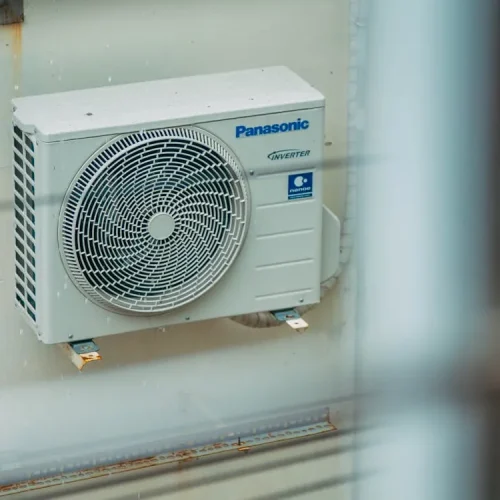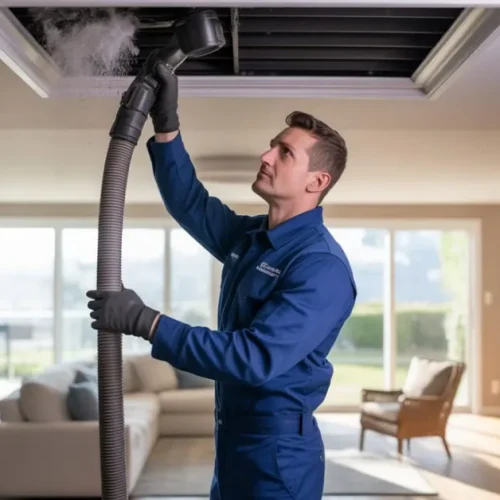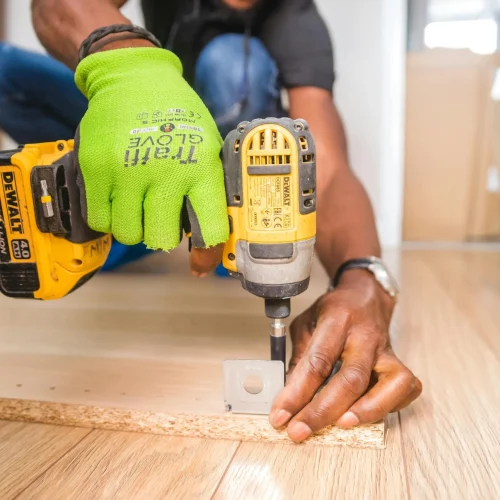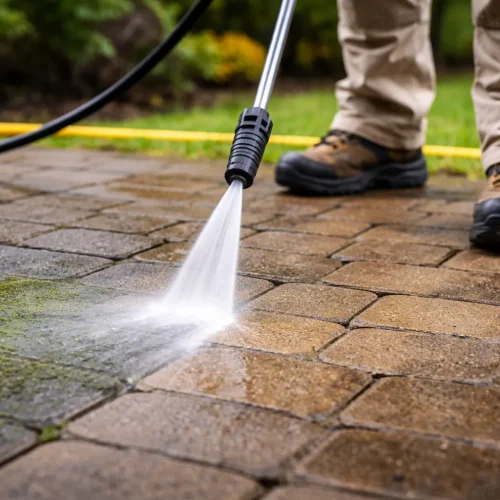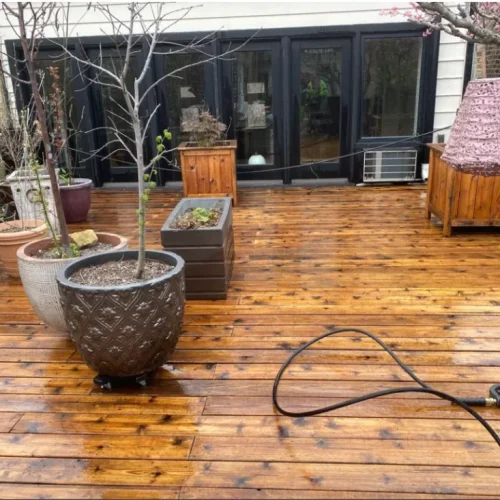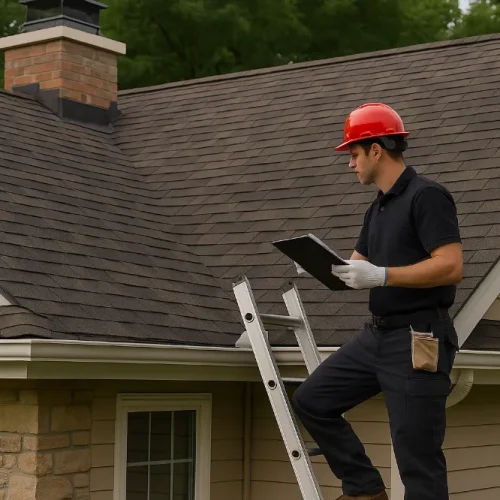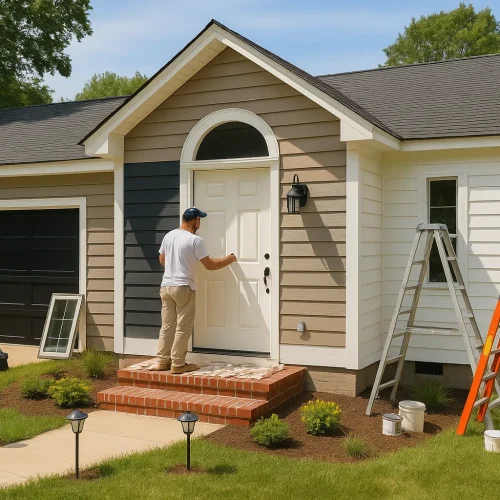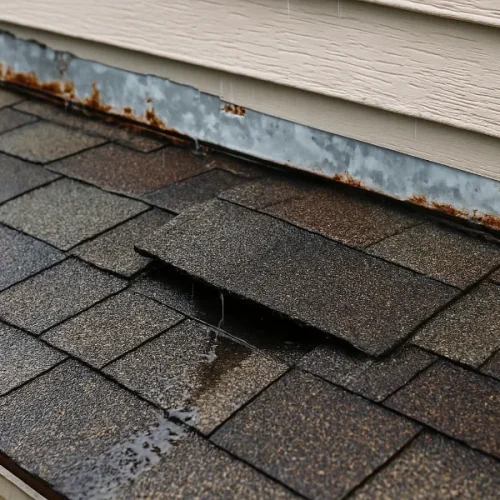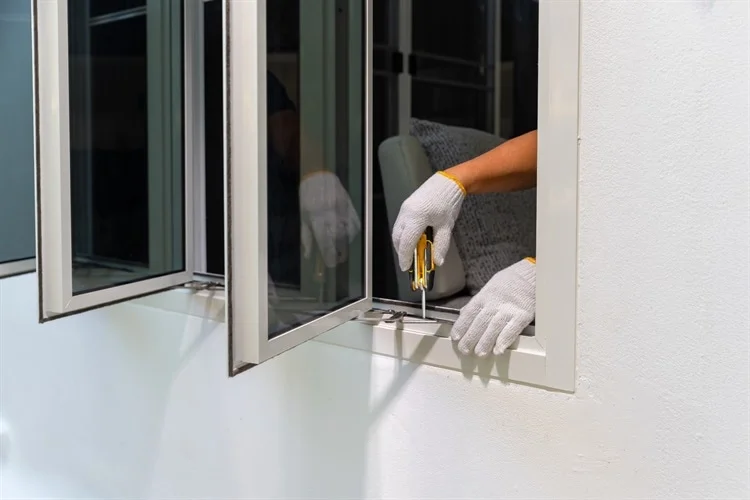
A healthy home is where the air feels clean and refreshing. But many people do not realize how much their windows affect the air they breathe inside. Old, leaky, or damaged windows allow dust, moisture, and pollutants to sneak into the house. Over time, this lowers indoor air quality and can cause health problems.
New windows can solve this issue and make your home safer and more comfortable. If you are searching on the internet for a window replacement installer near me, it shows that you care about your living space. This article explains how window replacement can improve air quality, reduce pollutants, and create a cleaner, fresher home.
How Windows Affect Indoor Air
Windows play a crucial role in regulating the flow of air in and out of a house. They let in natural light and fresh air while keeping unwanted elements outside. When they become old or worn out, the seals around them weaken. These small gaps allow air, dirt, and moisture to pass through. Over time, this can make indoor air feel stuffy and full of hidden particles. Replacing old ones helps restore proper sealing and stops unwanted air from getting inside.
Why Old Ones Can Make Air Quality Worse
Old windows do more harm than you might notice. Their cracks and loose seals create small openings where outdoor air can enter. Pollutants such as pollen, dust, and smoke can get inside. The warm indoor air can also escape, which makes your home less comfortable. This cycle affects how clean the air feels.
Some problems caused by old ones include:
- Humidity that leads to mold growth.
- Air leaks that pull in dirt and outdoor odors.
- Moisture buildup that damages walls and furniture.
If you live in a busy area or near traffic, this issue becomes even more serious. Replacing your windows stops these leaks and keeps the air indoors clean and balanced.
How Proper Ventilation Improves Air Quality
Good ventilation is one of the most effective ways to improve indoor air. Without it, stale air stays trapped inside, carrying dust and allergens. Modern ones are designed to help control airflow better. Windows that open smoothly, such as double-hung or casement styles, allow you to let in fresh air without drafts.
When your home has better airflow, humidity stays under control. This prevents mold and bacteria from growing. Balanced air movement also helps your heating and cooling systems work better. With less strain on your HVAC system, your filters stay cleaner, and your home feels fresher all year round.
Choosing the Right Frame
The material of your window frame plays a big role in keeping your air clean. The most common types are wood, vinyl, and fiberglass. Each material has benefits, but the key is choosing one that fits your home’s needs. Well-sealed frames stop leaks and keep the air steady.
Some materials resist mold better than others. For example, if you are considering wood window repair Chicago, you should make sure the wood is properly treated. When wood frames are sealed and finished correctly, they last longer and resist water damage. This prevents mold buildup, helping your home stay fresh and clean.
Why Professional Installation Matters
Even the best window will fail to perform if it is not installed correctly. Professional installers know how to fit and seal them properly. They make sure no gaps are left around the edges, which keeps outdoor air and dust out. A poorly fitted window can let in moisture and reduce energy efficiency.
Professionals also inspect your walls and frames before installation. If they find mold, water damage, or rot, they repair it first. This makes sure new windows are installed on a strong base. A professional job looks neat and also gives your home long-term protection and cleaner air.
The Value of Regular Maintenance
After installing new windows, maintenance keeps them working like new. Dust, dirt, and debris can still collect around the edges and screens. Over time, these can block airflow and reduce ventilation. Keeping them clean helps prevent this problem.
You can maintain your windows by:
- Cleaning glass, frames, and sills every few months.
- Wiping away condensation and dirt.
- Checking the seals for cracks or gaps.
These small steps go a long way in keeping your home fresh and your air free of dust. Clean windows also let in more natural light, which brightens the home and improves the mood of the space.
Handling Window Damage Quickly
Sometimes accidents or weather can damage windows unexpectedly. A cracked glass or a loose seal can quickly affect your air quality. Even a small gap allows outside air, smoke, or moisture to enter. That is why it is important to get help right away. Looking for emergency window repairs near me can connect you with professionals who can fix the issue fast.
Quick repairs prevent mold growth and stop the air from feeling damp or heavy. They also restore safety and prevent further damage. Taking care of these problems early saves you from higher repair costs and keeps your home comfortable.
How Window Design Helps Air Circulation
Different window styles affect how air moves inside your home. The right design can make a big difference in comfort and ventilation. Here are a few examples:
- Casement Windows: These open outward and let in a strong flow of air. When closed, they seal tightly to block drafts.
- Double-Hung Windows: These open from the top or bottom, letting warm air escape and cool air enter.
- Sliding Windows: These move side to side and provide wide openings, perfect for larger rooms.
Choosing a design that fits your space improves both light and airflow. It also helps you control the amount of air you let in, keeping your home’s air cleaner and fresher.
Shields Against Outdoor Pollution
City pollution can make the air inside your home feel dusty or heavy. Modern windows act as barriers that protect you from this. Multi-pane glass, tight seals, and advanced coatings stop pollutants, smoke, and fine particles from getting inside.
Some also come with UV coatings that block harmful sunlight. This helps prevent indoor materials like furniture and fabrics from breaking down and releasing gases called VOCs (volatile organic compounds). By keeping out pollutants and UV rays, your new windows help maintain cleaner air and a healthier living space.
Why Window Replacement Is a Worthwhile Investment
Installing new windows might seem like a big project, but the benefits are long-lasting. You get cleaner air, a more comfortable home, and lower energy bills. Properly sealed ones protect against pollutants and help control temperature. Over time, they also increase your property value because new windows are a sign of care and efficiency. When you combine professional installation with regular maintenance, your windows can last for decades. They will keep your home bright, healthy, and welcoming for years to come.
Window replacement does much more than improve the look of your home. It helps you breathe better, live cleaner, and enjoy a comfortable environment. Fresh air, proper ventilation, and strong seals work together to make your home healthier. When you take the step to upgrade your windows, you invest in a better quality of life. Clean air supports good health, and new windows make that possible every single day.





